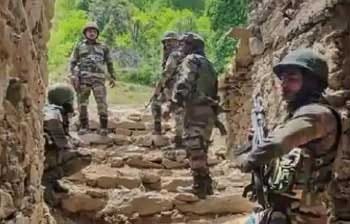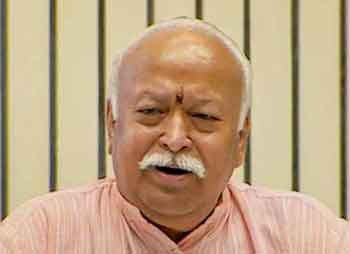New Delhi | April 24, 2025: Following the heinous terror attack in Pahalgam, which claimed 27 innocent lives, India has entered a state of high alert—and Pakistan-backed terror groups are now on the run. Intelligence sources confirm that militant outfits, including Jaish-e-Mohammed, have begun evacuating key launch pads, training camps, and headquarters across Pakistan-Occupied Kashmir (PoK) and Punjab province, fearing an imminent Indian retaliation.
India’s Fury Sparks Panic Across the Border
Within hours of the Pahalgam tragedy, India’s response machinery kicked into motion. In a swift and strategic escalation:
Water supplies to Pakistan under the Indus Waters Treaty were restricted.
Land transit at the Attari border was suspended indefinitely.
And now, militant safe havens in Pakistan are reportedly being dismantled overnight.
Sources in the intelligence community reveal that the Jaish-e-Mohammed (JeM) headquarters in Bahawalpur, a sprawling 18-acre complex capable of housing thousands of militants, has been rapidly abandoned. Buildings that once echoed with radical sermons and weapons training are now eerily empty. “They fear airstrikes,” an official told INVC on condition of anonymity. “And with good reason.”
Launch Pads and Camps Go Dark
Pakistan’s notorious launch pads across LoC sectors, which served as staging grounds for infiltration into India, have gone silent. Recent satellite images and signal intercepts suggest that:
Training camps in Balakot, Muzaffarabad, and Poonch are being dismantled.
Commanders are being moved to undisclosed safe houses across Khyber Pakhtunkhwa and deeper into Punjab.
Camp structures in PoK are reportedly being vacated within 24 hours of the Pahalgam attack.
This level of panic, experts suggest, points to real-time anticipation of Indian military strikes—possibly precision airstrikes or surgical operations reminiscent of Balakot 2019.
Security Forces on High Alert, Massive Search Operations Underway
On the Indian side, the Army and police have launched an intensive manhunt across Jammu and Kashmir. Multiple battalions have fanned out, conducting deep-comb operations in forest belts and sensitive zones.
In the Udhampur district, a high-tension encounter is underway in the Dudu-Basantgarh area, where security forces have cornered 2–3 suspected terrorists. The encounter, which began early Thursday morning, is still active, with reinforcements deployed.
Senior officials confirm that more than 100 foreign-trained militants are currently active in the Valley. “We will not rest until every last one is neutralized,” a senior Army commander said. “This is now a mission of justice.”
‘Terrorism Has a Cost’: India’s Message Echoes Globally
The Pahalgam attack, in which terrorists targeted unarmed tourists, has drawn international condemnation. But it is India’s no-nonsense posture that is gaining attention. Prime Minister Narendra Modi, speaking from Bihar, warned that “every death will be avenged.”
Now, with militants scattering, bunkers emptying, and Pakistan’s own military hierarchy rattled, India’s retaliatory posture is clearly sending shockwaves across the border.
India’s military doctrine, shaped after years of asymmetric warfare, now emphasizes swift, hard-hitting responses that can be executed with precision and minimal collateral.
Jaish-e-Mohammed in Retreat: What We Know So Far
Bahawalpur HQ vacated: A fortified, sprawling complex abandoned in under 24 hours.
Launch pads shut down: From PoK to the Khyber corridor, dozens of camps go dark.
Command reshuffle: Senior JeM leaders moved to “deep” safe houses to avoid drone tracking.
Evacuation protocols triggered: Civilian areas near militant hubs being cleared amid strike fears.
India’s Next Move: The Nation Holds Its Breath
While the Indian government remains tight-lipped about the nature of its military response, the signs point toward significant cross-border action.
Defense analysts believe a calibrated response may involve multi-pronged strikes, using drones, airpower, and ground teams—executed with a clear intent: to cripple terror infrastructure and send a message that resonates beyond the region.
A Line Has Been Crossed—And India Will Respond
From the sacrifice of 27 innocent lives in Pahalgam to the evacuation of terror strongholds in Pakistan, the dominoes have begun to fall. India has drawn its line, and any movement beyond it will come at a devastating cost to its enemies.
As the nation watches with clenched fists and heavy hearts, one thing is clear: This time, terror will not go unanswered.
















